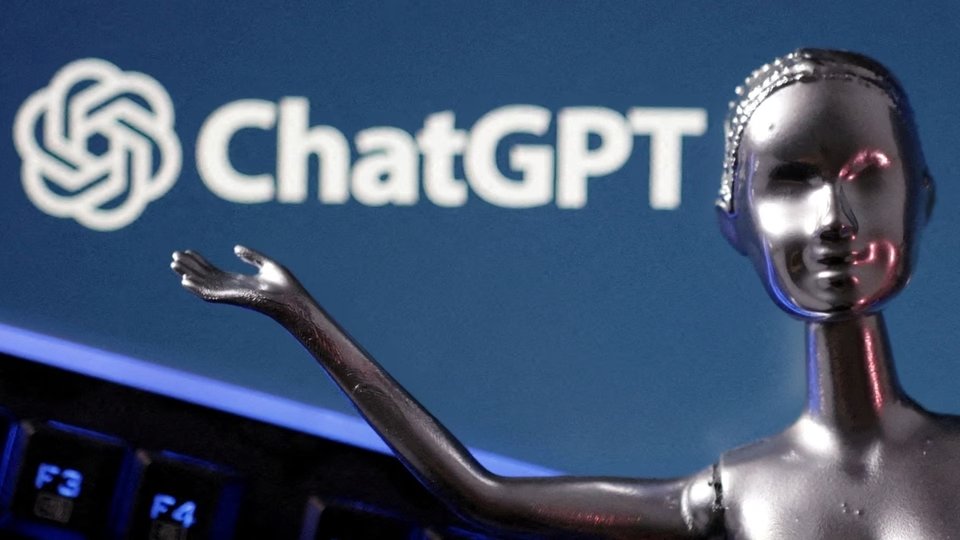President Joe Biden’s economic agenda, dubbed “Bidenomics,” has failed to resonate with the American public, leaving voters, Democratic officials, and even the President himself puzzled. Despite Biden’s attempts to promote his economic policies, many remain unconvinced, labeling the concept as a “jumbled mess.”
In a speech earlier this year in Philadelphia, President Biden expressed his own confusion, stating, “I don’t know what the hell that is.” This sentiment is echoed by Pennsylvania swing voters, with one participant in a September focus group describing Bidenomics as a confusing concept that is “really hard to explain.”
Despite the skepticism, Biden continues to champion Bidenomics, making it a central theme in his re-election campaign. He emphasizes achievements such as rapid job growth and significant investments in infrastructure and renewable energy projects. However, public opinion remains lukewarm. A Gallup survey in September revealed that 48% of adults rated economic conditions as “poor,” marking the highest share in a year.
One of the major concerns for Americans is the rising cost of living. Average food prices in U.S. cities have surged by 20% since Biden took office, and the average price for a gallon of gas stands at $3.44, about one-third higher than pre-pandemic levels. Although inflation has decreased from its peak, economists argue that the memory of high prices still lingers, making it difficult for people to embrace Bidenomics fully.
The term “Bidenomics” was initially coined by the news media during Biden’s presidency. The President, initially reluctant to embrace the term, feared it could backfire if economic conditions worsened. Even prominent Democrats, like Rep. James Clyburn, expressed unease with the term, stating that it does not resonate with the day-to-day issues faced by Americans.
Biden’s opponents, particularly Republicans, have seized on the skepticism surrounding Bidenomics. They argue that the economic policies underpinning Bidenomics have failed to address the struggles faced by many Americans. Democratic pollster Celinda Lake acknowledged the challenges, noting that despite extensive advertising efforts, Bidenomics has not gained the traction the campaign had hoped for.
Bidenomics, as explained by members of Biden’s Council of Economic Advisers, is focused on building a fairer economy that responds to challenges with bold action. Despite these explanations, Biden has yet to provide a succinct definition, leaving many Americans bewildered.
As the 2024 general election approaches, Biden’s campaign aides are testing various messages to gauge their effectiveness. However, there is growing concern within Democratic circles that the focus on economic policy may not be sufficient to counter the unconventional political climate shaped by figures like former President Donald Trump. Some Democrats argue that Bidenomics lacks the simplicity and appeal required to capture media attention and voter interest.
While Bidenomics struggles to find a foothold, the Biden campaign remains hopeful, emphasizing the need for patience and a focus on highlighting the administration’s achievements in reviving the economy after the pandemic. Despite these efforts, the road ahead appears uncertain, leaving Democrats to grapple with the challenge of connecting with voters on economic issues in an ever-changing political landscape.










